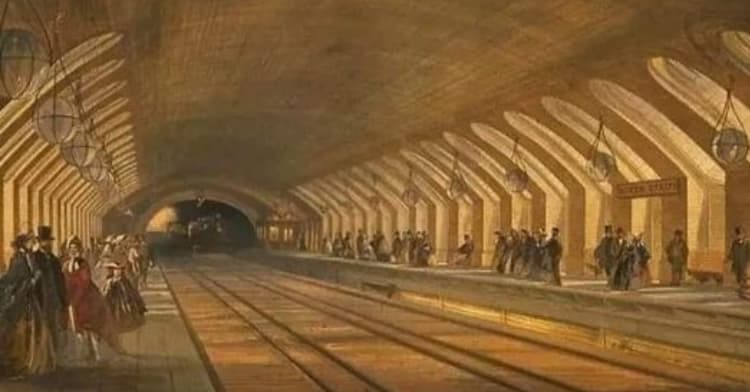Prince Henry’s Room, located on the first floor of No. 17 Fleet Street in London, is a remarkable historical site with a rich and diverse past. As one of the few surviving buildings in London dating back to before the Great Fire of 1666, it holds significant architectural and cultural importance.
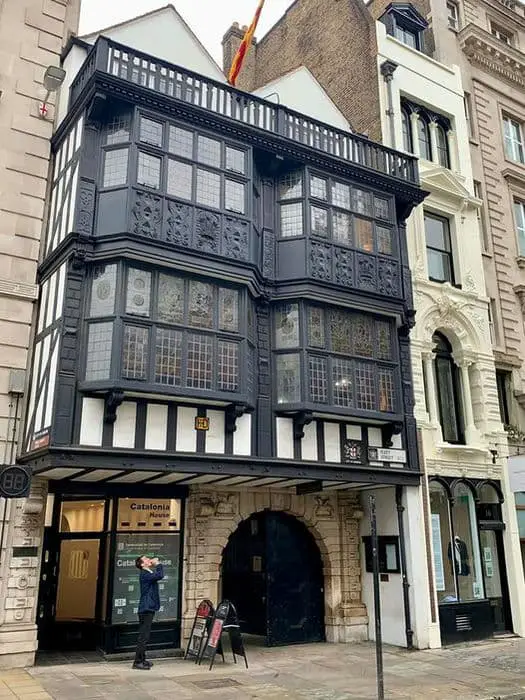
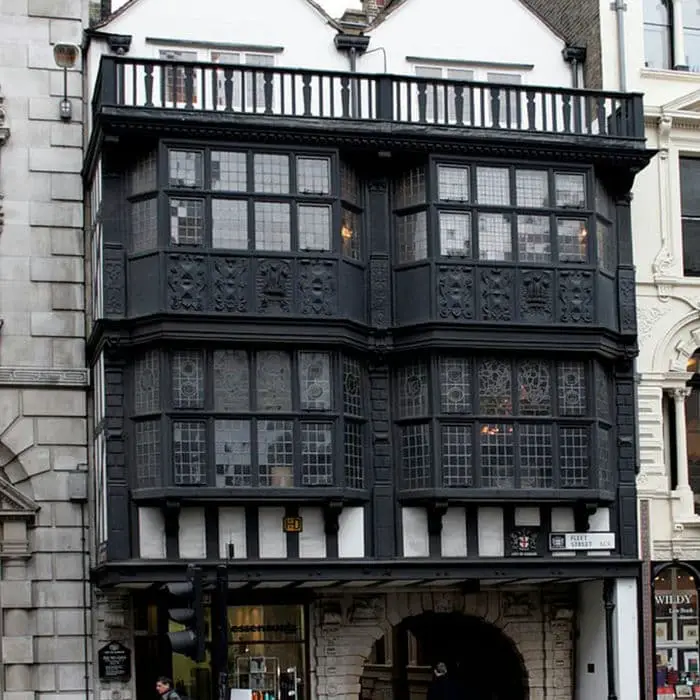
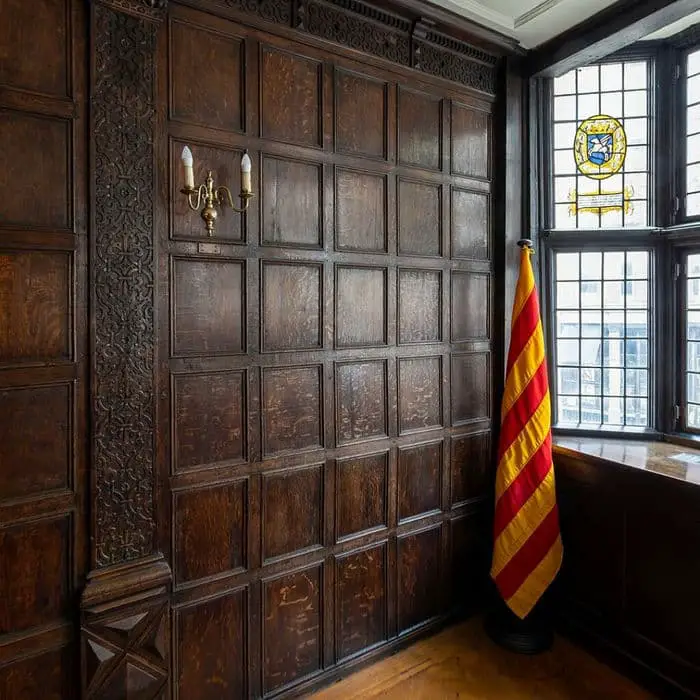
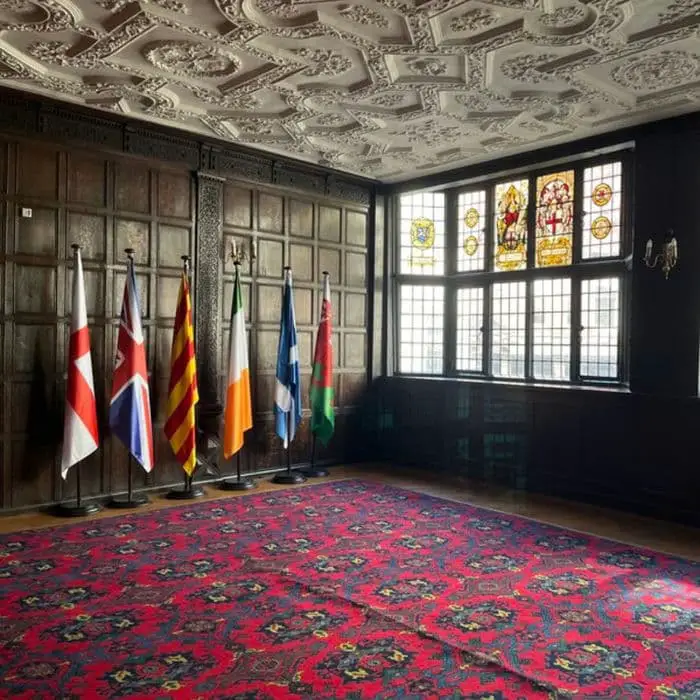
The room’s distinguished features include a beautifully preserved Jacobean-enriched plaster ceiling, adorned with intricate designs such as the Prince of Wales’s feathers and the initials “PH” at its center. This architectural masterpiece provides a glimpse into the craftsmanship of the period and adds to the room’s allure.
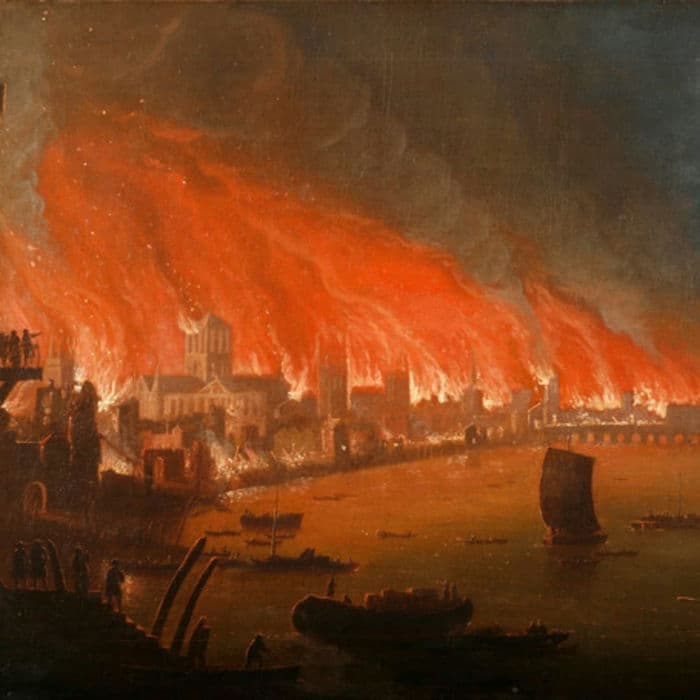
Throughout its history, Prince Henry’s Room has served various purposes, from being a tavern known as Prince’s Arms to a hairdresser’s establishment. Its association with notable figures such as Samuel Pepys and Lord Thurlow further enhances its historical significance.

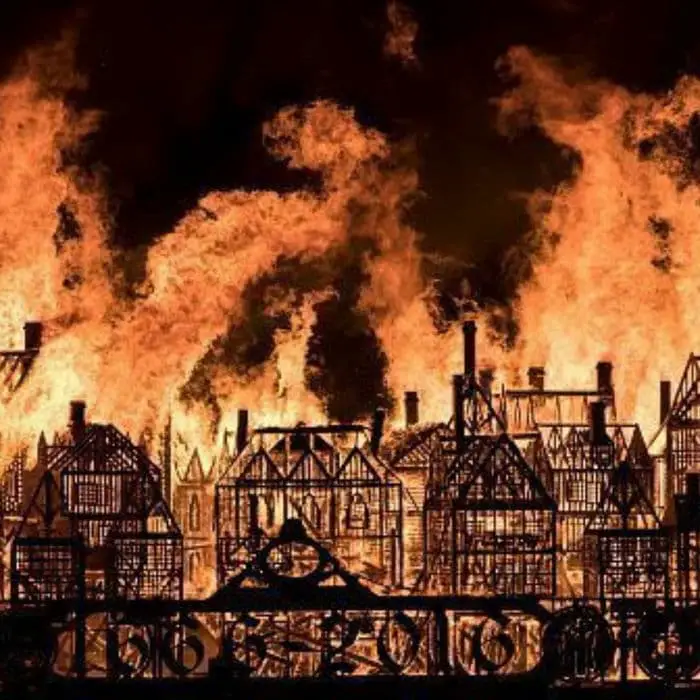
Despite undergoing changes over the centuries, including hosting exhibitions and becoming a museum, the room has retained its charm and allure. Today, it serves as the offices of the Delegation of the Catalonian Regional Government to the UK.
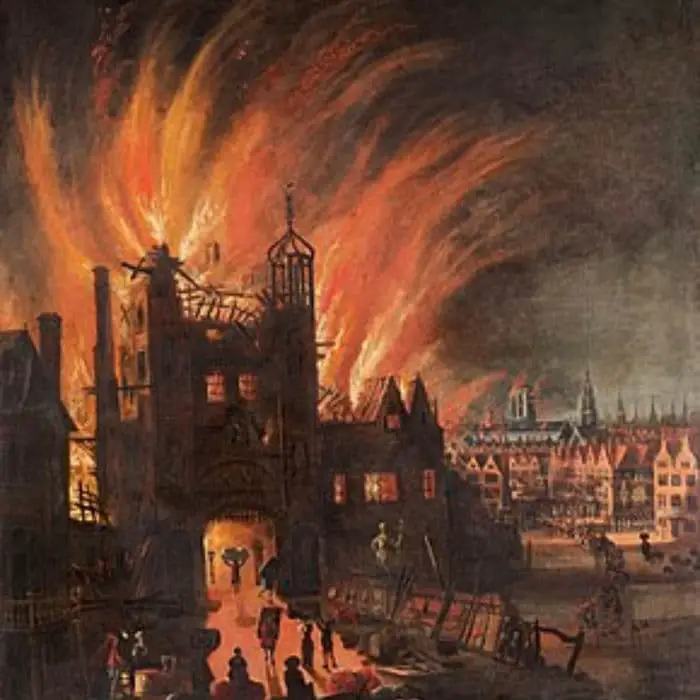
The room’s survival through the Great Fire of London underscores its resilience and enduring legacy. The fire, which devastated much of London in 1666, was a tragic event caused by a combination of factors including the city’s densely packed wooden buildings and a dry summer.
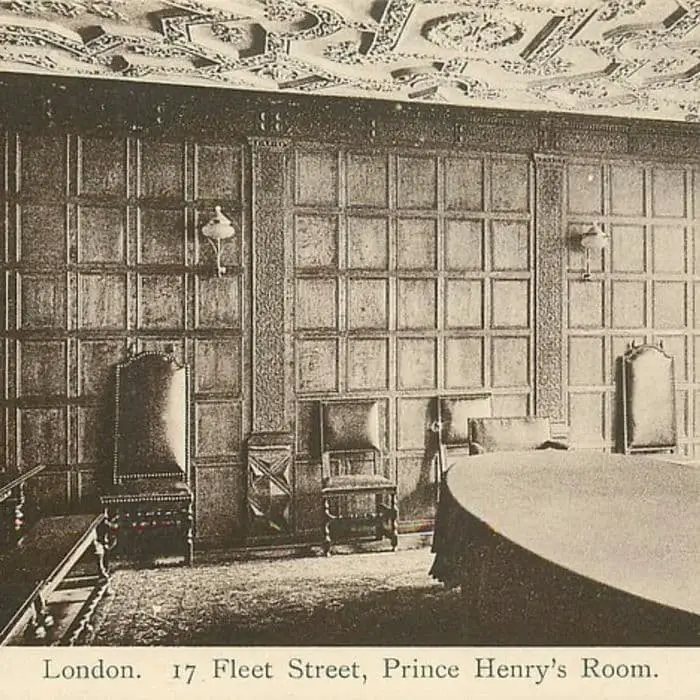
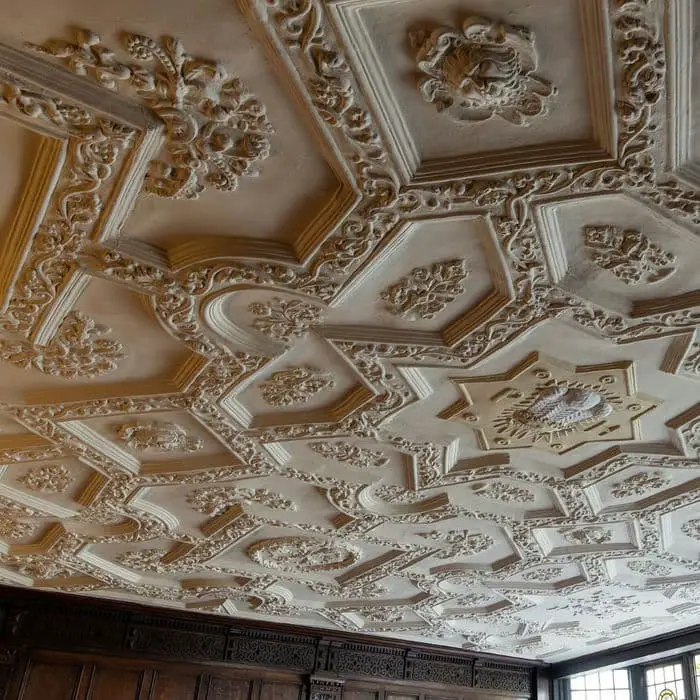
The fire began in a baker’s shop on Pudding Lane and quickly spread, fueled by the flammable materials that comprised many of the city’s structures. Despite efforts to contain it, the fire raged on for several days, destroying thousands of homes and landmarks.
Samuel Pepys, among others, played a role in the firefighting efforts, and even King Charles II was seen assisting. Ultimately, the fire was brought under control, but not before causing widespread devastation.
The survival of Prince Henry’s Room amidst such destruction is a testament to its enduring significance and the efforts to preserve London’s historical heritage. Today, visitors have the opportunity to explore this unique space and learn about its fascinating history, providing a glimpse into London’s rich and diverse past.

